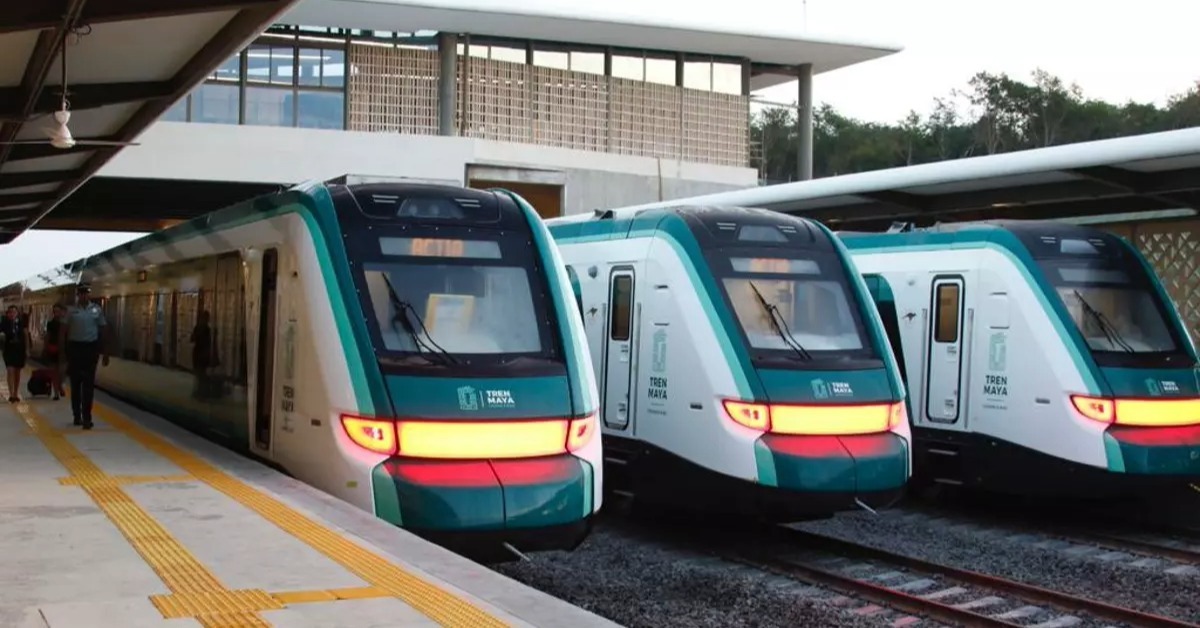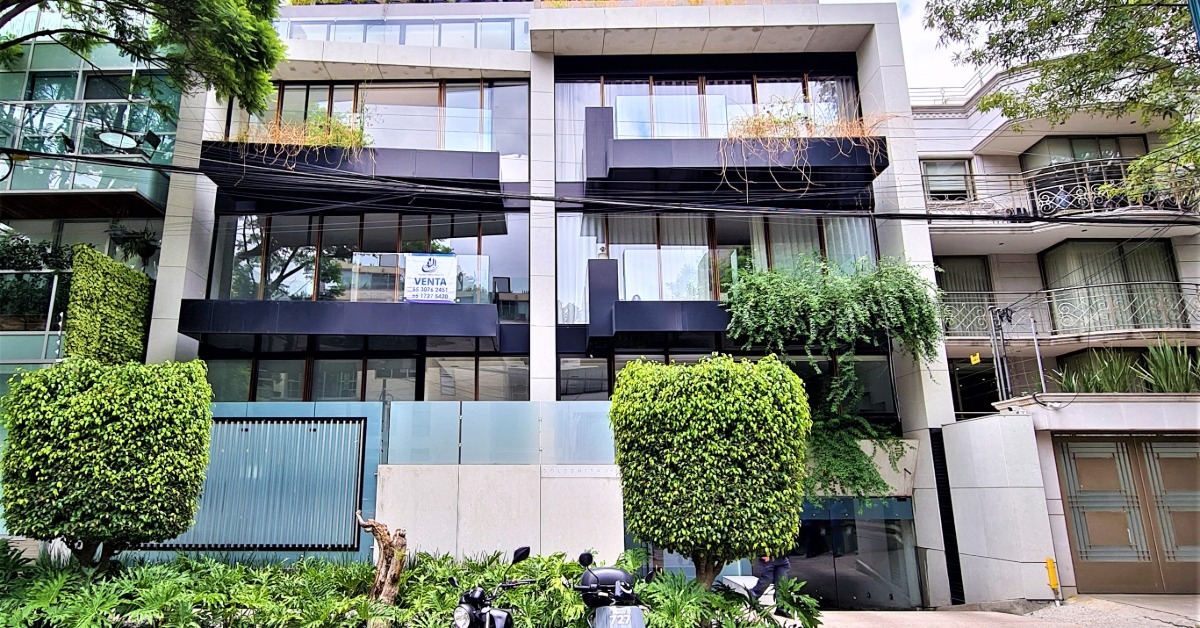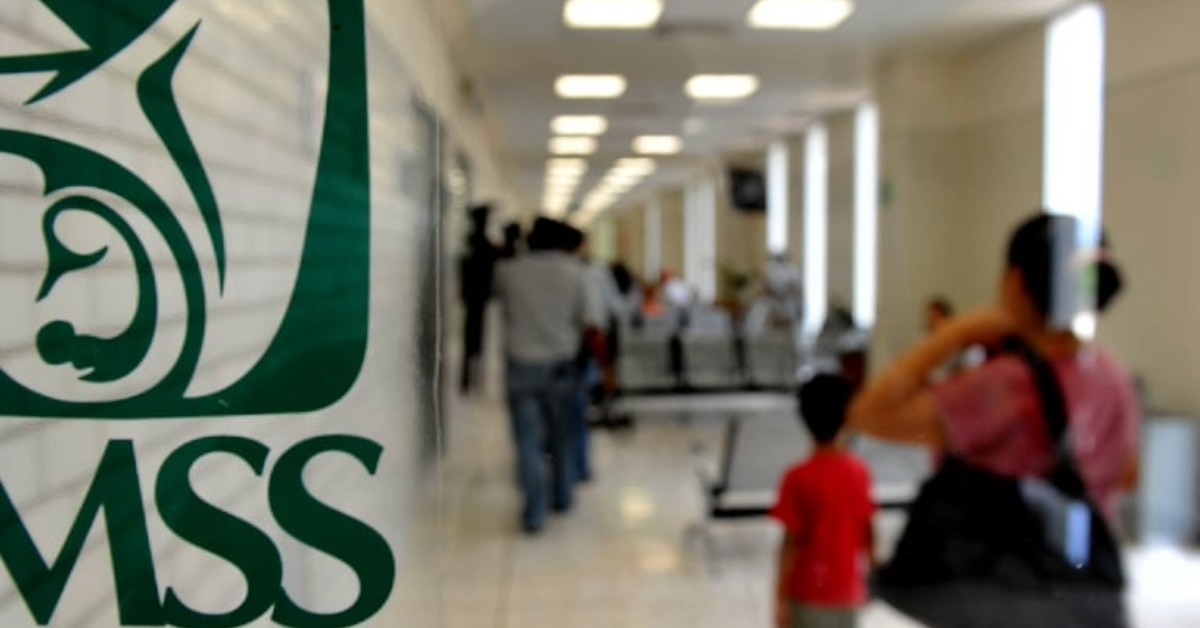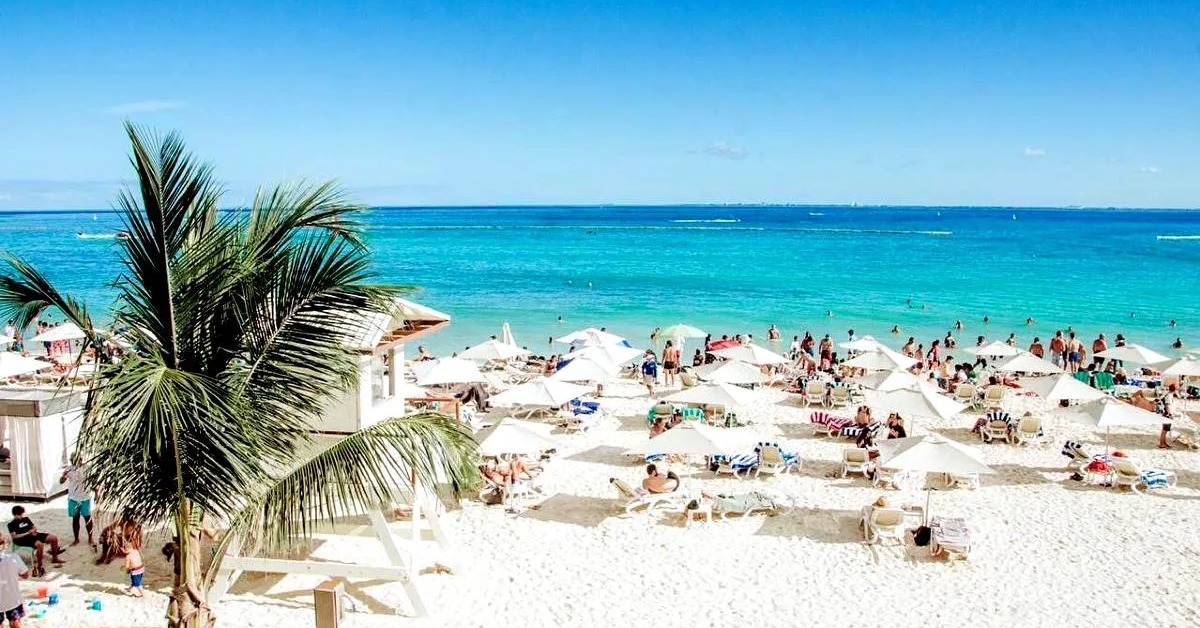Venezuelan President Nicolas Maduro is pressing banks to implement digital payment systems as hyperinflation prompts chronic shortages of cash in the bolivar currency, three people familiar with the talks told Reuters.
Maduro has targeted the public transit system - where roughly three-quarters of all circulating cash is spent - as the first stage of a plan he calls "the digital bolivar." In January, he asked banks to deliver point-of-sale terminals to the Caracas subway system and bus drivers, said the people, who spoke on the condition of anonymity.
With annual inflation hitting 2,665 . . .






